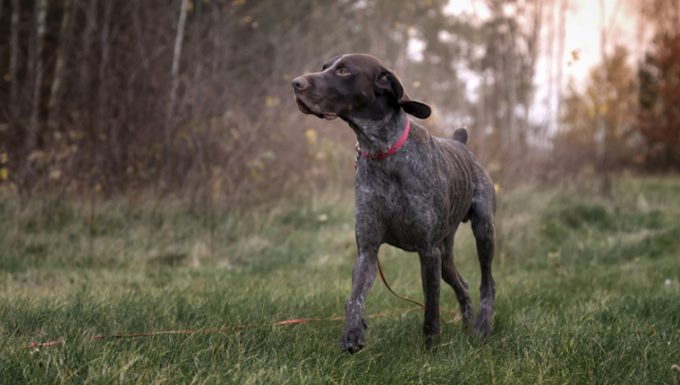Sporotrichosis in dogs is a fungal disease. Generally, the condition affects the skin, but it can also harm the brain and respiratory system.
Technically, the condition is caused by a type of yeast and mold fungus called Sporothrix schenckii. The fungus is often found in soil and plants. This is why hunting dogs are most likely to develop…









